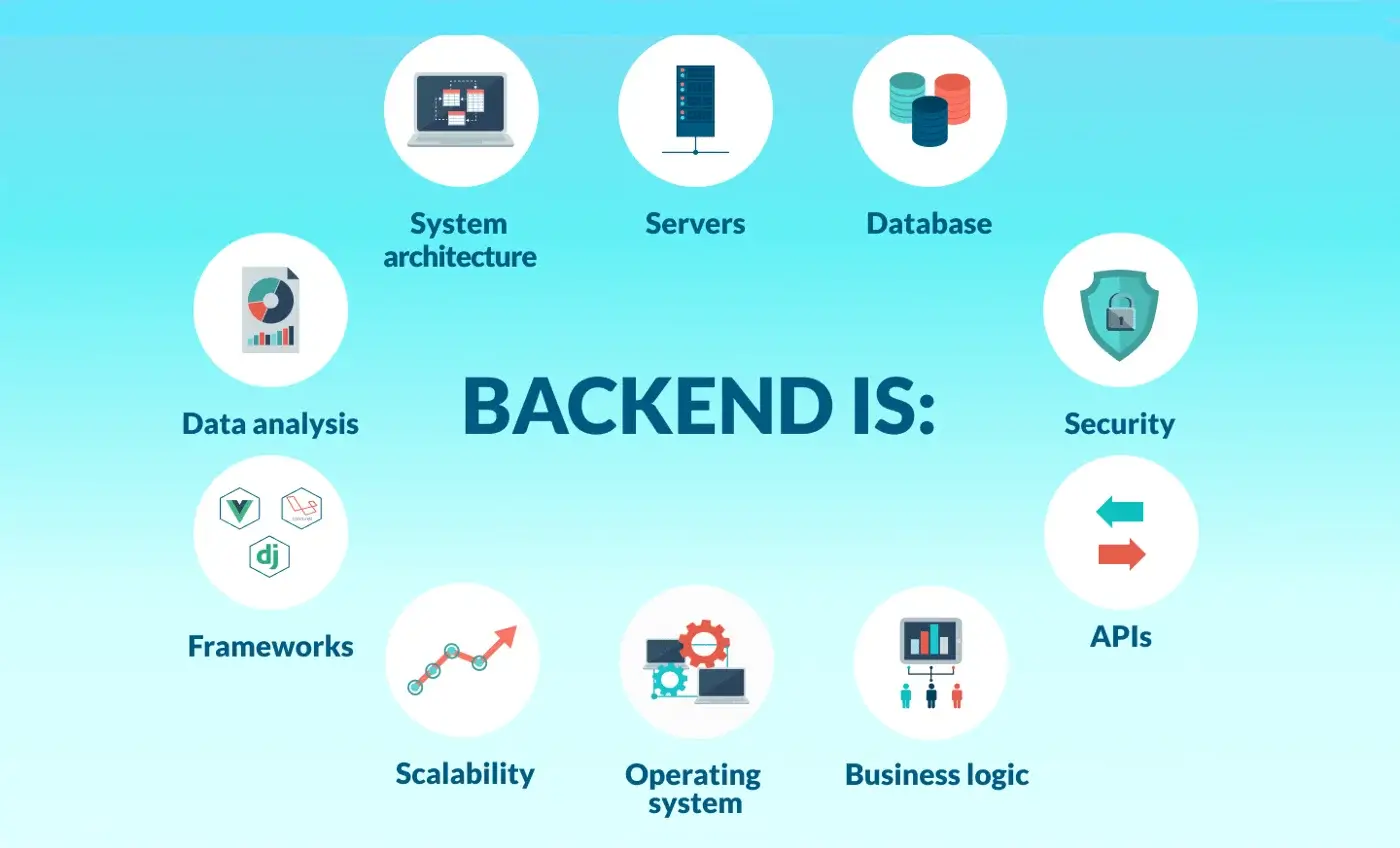NodeJS
Node.js is not just an open-source environment but a potent independent platform, built on the Javascript Runtime of the Chrome browser. Born out of the ingenuity of Ryan Lienhart Dahl in 2009 and developed under the sponsorship of Joyent, Node.js swiftly evolved into a flexible tool, enabling the rapid development and scalability of web applications.
2024-03-24 21:46:36
How to filter array of objects javascript by key
How to filter array of objects javascript by key. By leveraging the filter() method and a custom fil...
2024-01-17 09:31:06
Backend Engineering: The Cornerstone of Contemporary Software Development
Backend engineering stands as the bedrock of modern software applications, exerting a profound influ...
2024-03-25 09:01:04
Installing Node.js on Windows - Step-by-Step Guide
Guidelines for Installing Node.js on Windows 10, Windows 11. Install the latest version of Node.js....


